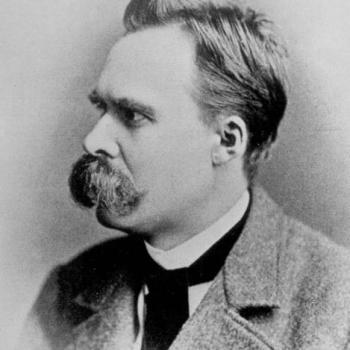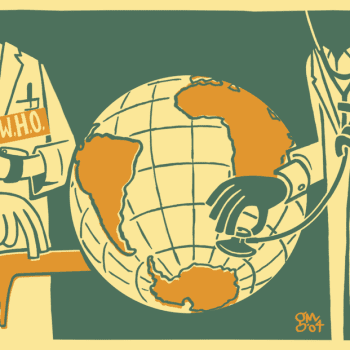President Obama said Tuesday that he would seize one last diplomatic opening to avoid a military strike on Syria, while trying to convince a skeptical United States that it must retaliate against the Middle Eastern nation’s alleged use of chemical weapons if the effort fails.
In a nationally televised prime-time address from the East Room of the White House, Obama cautiously embraced a Russian proposal that the government of Syrian President Bashar al-Assad give up its stockpile of chemical weapons, signaling that he would drop his call for an assault on the regime if Assad complies.
But with little guarantee that diplomacy would prevail, Obama spent the bulk of his 17-minute speech trying to directly address the concerns that have moved public opinion and Congress against him over the past week.The president argued that a military response is in the national interest, although he conceded that Syria poses no direct threat to the United States. Obama said that not responding to Assad’s alleged use of chemical weapons in an Aug. 21 attack that killed more than 1,400 outside Damascus would allow him to use them again and would embolden other regimes hostile to the United States, including Iran.
At the same time, Obama made an emotional appeal to Americans’ basic sense of right and wrong, invoking the use of gas in World War I and the Holocaust in arguing that the United States has the “exceptional” responsibility to use its military power to punish nations that use weapons of mass destruction. Obama went so far as to urge Americans to watch graphic videos of the aftermath of the attack in Syria.
“What kind of world will we live in if the United States of America sees a dictator brazenly violate international law with poison gas and we choose to look the other way?” Obama said. “Our ideals and principles, as well as our national security, are at stake in Syria, along with our leadership of a world where we seek to ensure that the worst weapons will never be used.”
The speech was an unusual plea from a president who had risked his and his nation’s credibility on whether he could get Congress to support him, even as he has put off the possibility of a military strike for the moment and has maintained that as commander in chief he doesn’t need congressional approval to launch one in any case.
As it became clear this week that lawmakers probably would oppose the use of force, perhaps overwhelmingly, the Russian proposal offered Obama a potential way out. At his request, Congress has postponed votes on whether to authorize a strike.
The address Tuesday followed an extraordinary, fast-moving and unpredictable two days in American politics and international diplomacy.
Obama began the week planning to make a clear-cut case for attacking the Assad regime. But on Monday morning, an offhand remark by Secretary of State John F. Kerry prompted the Russians to propose that Syria, an ally, surrender its chemical weapons to avoid strikes.
That set off a flurry of negotiations by American, European, Russian and United Nations officials in search of a diplomatic deal. The talks gained steam on Tuesday when the Assad government said it was open to the proposal, for the first time acknowledging that it possesses chemical weapons, and agreed to sign an international pact banning their use.But by late afternoon, momentum behind a diplomatic solution was beginning to wane. Western and Russian diplomats clashed over whether the United Nations would authorize military action to degrade Syria’s chemical weapons programs if a diplomatic agreement were violated.
Western diplomats insisted that the threat of strikes was a critical ingredient that would ensure Syrian compliance. But Russian officials said that a diplomatic route would work only if the United States and its allies renounced the use of force.
And experts questioned whether it would be possible to transfer stockpiles of chemical weapons to an international monitor amid a civil war that has killed more than 100,000 people.
Still, Obama said Tuesday night that he wants to give the process more time, and he dispatched Kerry to meetings in Europe to work out the details of a potential U.N. agreement.
The president said he turned to Congress for authorization because he thinks that any action would be stronger if backed by lawmakers, especially after more than a decade of war.
Here is a transcript of the speech.
















